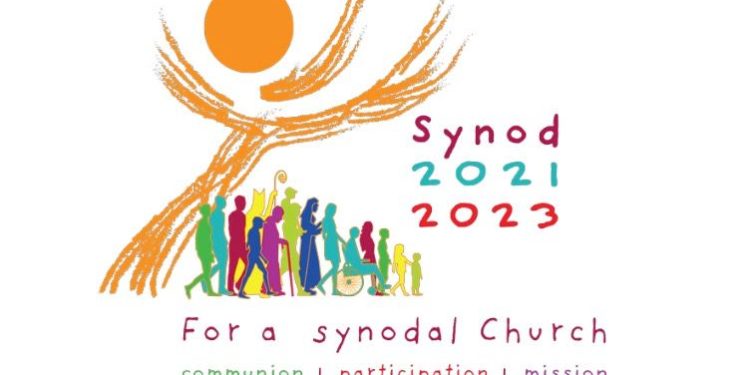These are the questions the writing group will be considering:
-
Which intuitions resonate most strongly with the lived experiences and realities of the Church in your continent? Which experiences are new or illuminating to you?
-
What substantial tensions or divergences emerge as particularly important in your continent’s perspective? Consequently, what are the questions or issues that should be addressed and considered in the next steps of the process?
-
Looking at what emerges from the previous two questions, what are the priorities, recurring themes, and calls to action that can be shared with other local Churches around the world and discussed during the first session of the Synodal Assembly in October 2023?
The synod is currently taking place in phases. The diocesan phase — in which about 700,000 people in the U.S. participated, out of 66.8 million Catholics in the country — ended last spring. The Vatican had asked all dioceses to participate, hold consultations, and collect feedback.
Along the way, the synodal process has sought to be “a kind of checkup of the health of the People of God scattered all over the world, with its difficulties, its trials, but also with its hopes and joys,” according to one organizer. It seeks, according to Vatican documents, to learn how the process of “journeying together” is happening in local Catholic churches across the world. At the same time, the synod has garnered controversy due, in part, to calls for changes to Church teaching and governance that have emerged during the consultation process.
The synod is now in the midst of its continental phase. Cardinals Mario Grech and Jean Claude Hollerich, who are overseeing the worldwide synod process, both have said that it will be the task of the Continental Assemblies to identify “the priorities, recurring themes, and calls to action” that will be discussed during the first session of the Synod of Bishops Oct. 4-29.
Credit: Source link




